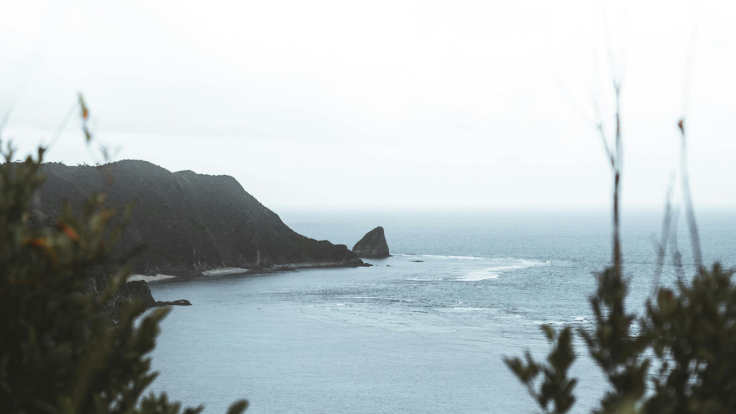
Nearly 900 earthquakes have shaken Japan's Tokara Islands in recent weeks, stirring public anxiety as the swarm coincides with a viral prophecy predicting a massive disaster in early July 2025.
The prediction, made by manga artist Ryo Tatsuki, nicknamed the 'Asian Baba Vanga', has reignited debate over seismic preparedness, superstition, and the limits of science.
Seismic Swarm in the Tokara Islands
The Japan Meteorological Agency (JMA) has confirmed 474 tremors in the Tokara archipelago between Saturday and Thursday alone, with magnitudes peaking at 5.1. These earthquakes, while mostly minor, have disrupted daily life on the islands, shaking homes and suspending transport services. The region, located within the seismically active Pacific Ring of Fire, has seen similar clusters in the past, including a swarm of 346 quakes in September 2023.
Japan's Earthquake Early Warning system gives residents precious seconds to seek shelter when tremors reach Shindo 4 or higher. For the approximately 700 residents across the seven inhabited Tokara Islands, including Takarajima, this system is especially vital, as repeated quakes in such remote communities can quickly disrupt daily routines and strain limited local resources.
JMA officials continue to monitor the situation and have urged residents to remain alert, particularly given the region's historical vulnerability to larger seismic events.
The 'New Baba Vanga' and Mushrooms of Fear
Ryo Tatsuki, a Japanese manga artist, rose to prominence after her illustrated book The Future I Saw seemingly foretold the 2011 Tohoku earthquake and Fukushima disaster. In a revised 2021 edition, she predicted an 'undersea rupture' between Japan and the Philippines would trigger a massive tsunami on 5 July 2025. The ominous date has since spread widely across Japanese and international social media.
The coincidence of Tatsuki's prediction with the current seismic activity has led some to draw connections, earning her comparisons to Bulgarian mystic Baba Vanga, who was known for her cryptic predictions.
Scientific Reality vs. Public Anxiety
Seismologists and disaster experts strongly caution against linking real-time earthquakes to unscientific predictions. Professor Naoya Sekiya of the University of Tokyo stated, 'There is no way, with today's science, to predict exactly when and where an earthquake will occur.' Kimiro Meguro, a disaster mitigation specialist, warned that fear-based speculation 'like this only make people nervous and groups of people who are nervous can be dangerous in a different way'.
The government has emphasised that preparedness, not panic, is the key response.
Tourism Impact and Economic Concerns
Despite expert reassurances, Tatsuki's prophecy has already affected Japan's economy. Bookings from Hong Kong and mainland China for early July have fallen by up to 50%. Greater Bay Airlines confirmed a 30% drop in reservations, and several local tourism boards have reported mass cancellations. Economists project potential tourism losses of ¥560 billion (about £2.8 billion) if widespread fear persists. Prefectural governors have expressed frustration, warning that viral prophecies could damage the country's reputation and recovery efforts.
Japan's Tokara Islands are undeniably experiencing unusual seismic activity, with nearly 900 earthquakes recorded recently, which is an unsettling reminder of the nation's tectonic vulnerability. However, the looming July 5 tsunami prediction by Ryo Tatsuki remains unsupported by science.
Experts and authorities continue to dismiss the prophecy as speculative, drawing focus back to preparedness and disaster readiness. Whether the 'Asian Baba Vanga' prophecy materialises, the quakes underscore that while Japan cannot predict exactly when disaster might strike, staying vigilant and informed remains critically important.







